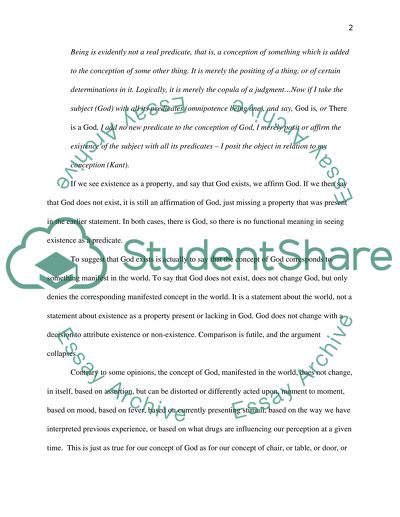Cite this document
(“The Ontological Thesis: Anselm, Kant, Descartes and a Touch of the Thesis”, n.d.)
Retrieved from https://studentshare.org/philosophy/1395612-the-ontological-thesis-anselm-kant-descartes-and-a-touch-of-the-buddha
Retrieved from https://studentshare.org/philosophy/1395612-the-ontological-thesis-anselm-kant-descartes-and-a-touch-of-the-buddha
(The Ontological Thesis: Anselm, Kant, Descartes and a Touch of the Thesis)
https://studentshare.org/philosophy/1395612-the-ontological-thesis-anselm-kant-descartes-and-a-touch-of-the-buddha.
https://studentshare.org/philosophy/1395612-the-ontological-thesis-anselm-kant-descartes-and-a-touch-of-the-buddha.
“The Ontological Thesis: Anselm, Kant, Descartes and a Touch of the Thesis”, n.d. https://studentshare.org/philosophy/1395612-the-ontological-thesis-anselm-kant-descartes-and-a-touch-of-the-buddha.


